Practitioners, educators, law enforcement personnel and the legal community require continuing education in the constantly advancing field of forensic science. Take advantage of our preeminent expert faculty to enhance your and your labs’ knowledge-base and skill-sets to stay abreast of novel developments in the field. With our comprehensive offering of engaging workshop and continuing education courses, online training courses, internships and certificate programs, you are sure to find a training opportunity to suit your needs. All of our professional development offerings provide you the chance to learn from dynamic faculty on unique topics as well as from internationally recognized leaders in their fields.
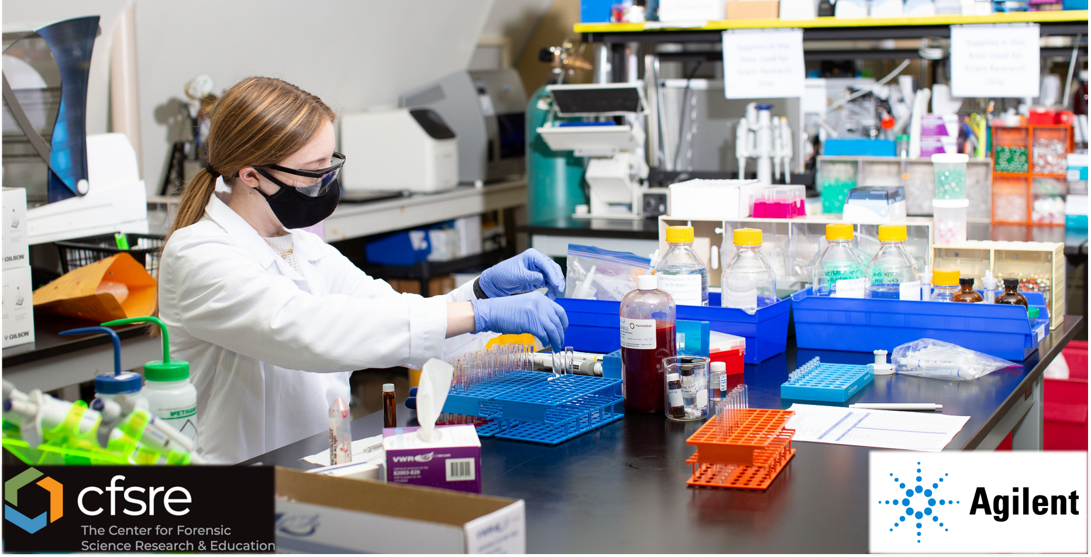 |
Immunoassays (IA) have offered sufficient sensitivity in toxicology for many decades. However, it lacks specificity and introduces technical challenges associated with identifying a growing number of new psychoactive substances (NPS). In contrast, mass spectrometry (MS)-based techniques can be used to simultaneously identify a broader scope of compounds with multiple data acquisition modes and retrospective data analysis. Many complex biological matrices are encountered in these investigations, although blood is the most encountered biofluid. The extraction of multiple drugs with different physicochemical properties using a single protocol can be challenging. As such, many MS-based screening methods do not include cannabinoids, and laboratories still rely on IA-based detection.... |
View Course Details |
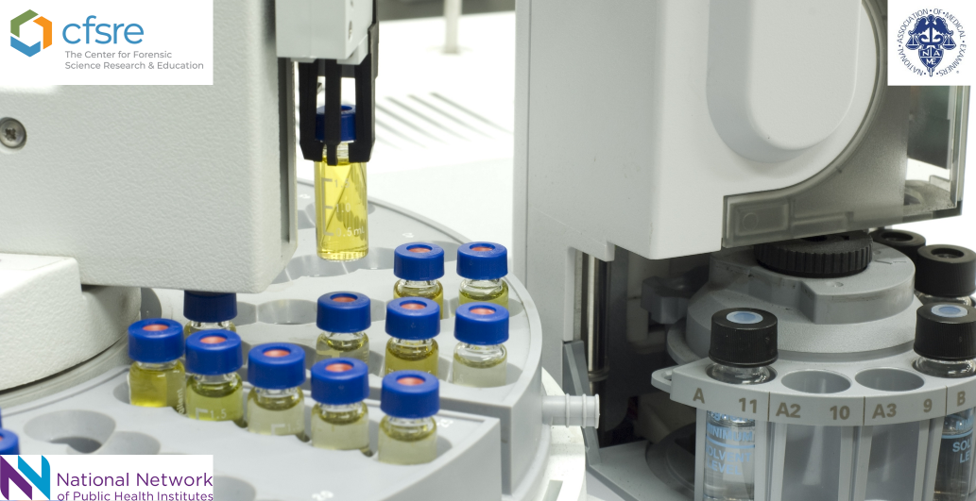 |
Certification of deaths in custody, especially those in the pre-arrest phase, can be difficult in the setting of significant natural disease with or without positive toxicology findings. Should these be included on the death certificate? As with child death and drug-related fatality review committees, deaths in custody should be reviewed, if not at the state level, at the local/county level. Establishing a multidisciplinary review team/committee will help effectively prevent future fatalities.... |
View Course Details |
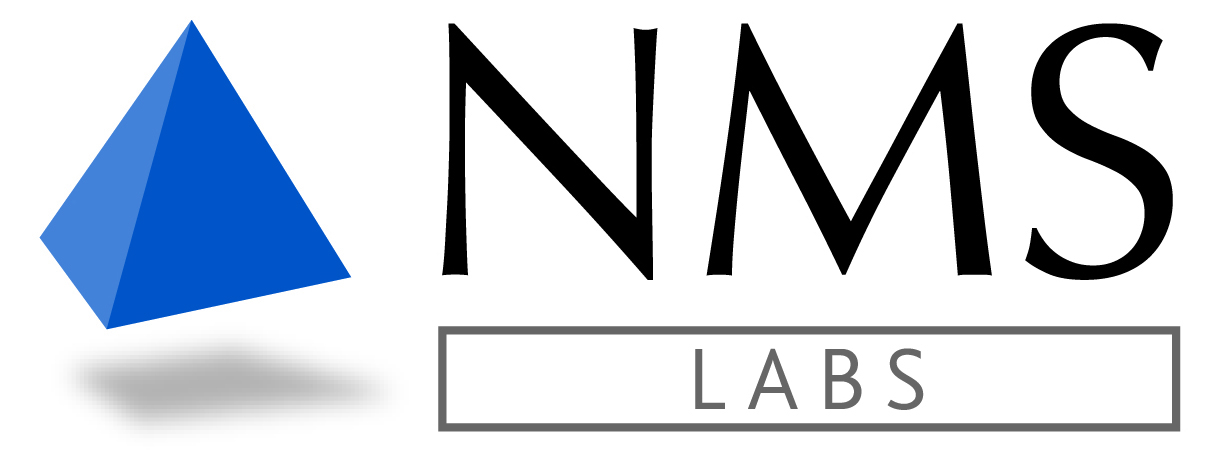 |
Join NMS Labs for “Navigating Testimonial Hearsay: Key Insights from Smith v. Arizona for Legal and Forensic Experts,” an informative online session about the Smith v. Arizona Supreme Court ruling and its impact on forensic laboratories. This ruling impacts the right to confront witnesses in criminal matters, but the weight of the impact is still to be determined. During the event, MJ Menendez, Esq, and Donna Papsun, MS, D-ABFT-FT, will translate the Smith v. Arizona decision and how it applies to forensic testing. In addition, they will review the proposed framework of linking steps in the testing process to quality practices, accreditation, and licensing standards, a process desired to satisfy the “primary purpose” condition. This is a must-attend for forensic stakeholders seeking to stay informed on evolving law related to forensic testing.... |
View Course Details |
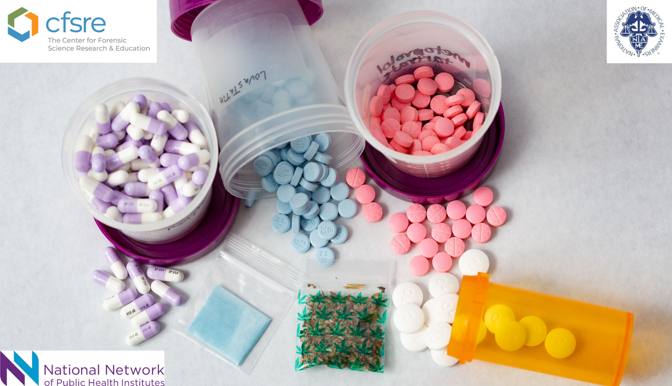 |
This Webinar describes multiple, acute drug intoxications with 25I-NBOMe, a synthetic designer drug which resulted in two fatalities with negative initial toxicology screening, occurring over a two-week period in the summer of 2012 in Grand Forks, North Dakota and East Grand Forks, Minnesota. The presentation describes the circumstances surrounding the deaths and intoxications with autopsy results of the decedents and medical record review of survivors along with toxicology results. This webinar discusses the law enforcement and local hospital collaborations necessary to investigate sudden, suspected drug deaths due to novel synthetic drugs which inexplicably occur in the background of the multiple other drug deaths which inundate every hospital emergency department and medical examiner’s office.... |
View Course Details |
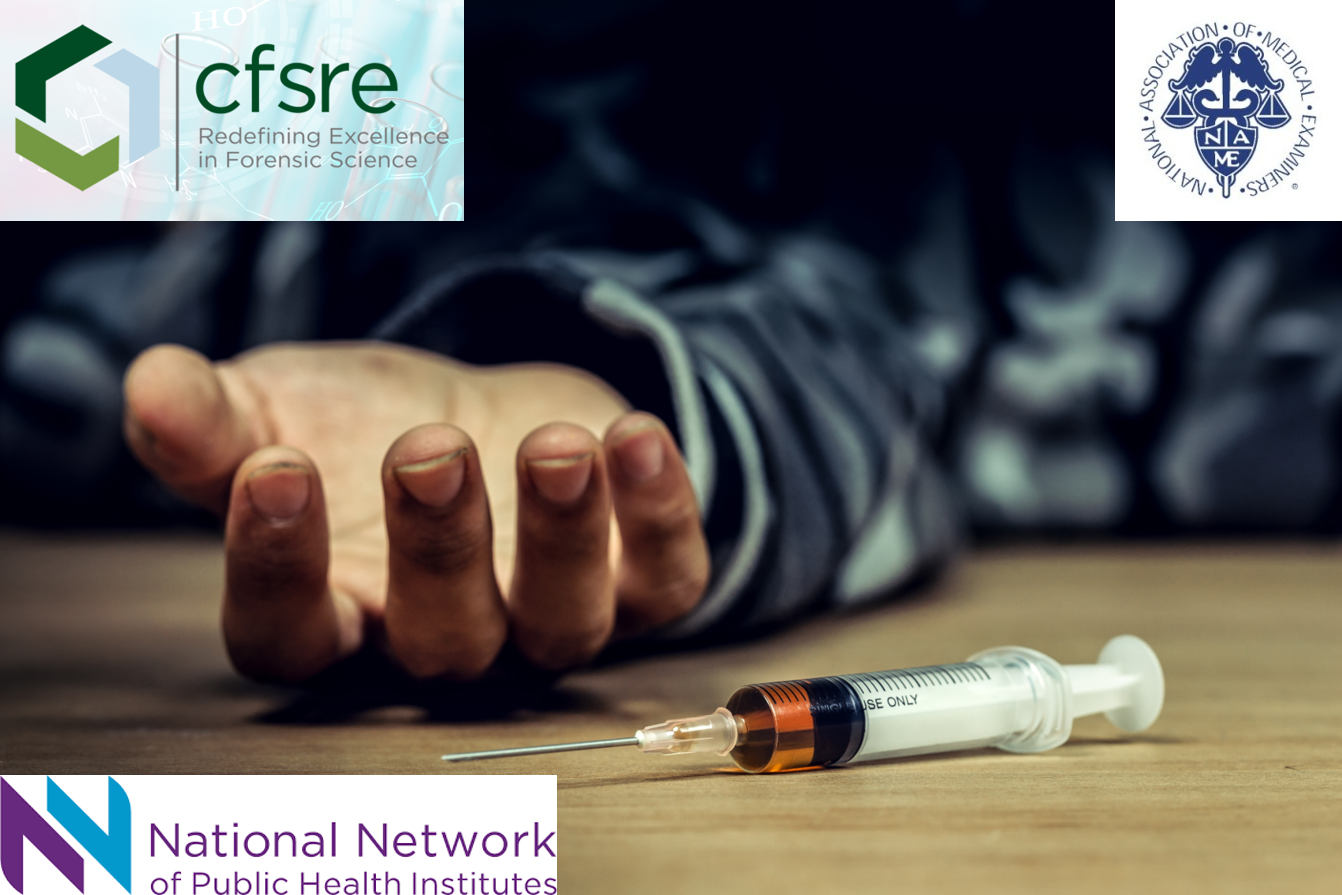 |
Loperamide (trade name Imodium) is a synthetic opioid derivative that is used to decrease the frequency of bowel movements in patients with diarrhea. Once dispensed only by prescription, it has been available as an over-the -counter medication for over three decades. Loperamide was thought to have low abuse potential but there have been several fatalities due to this drug reported since 2015. |
View Course Details |
 |
CFSRE’s NPS Discovery is an open-access drug early warning system (EWS) operating in the United States. NPS Discovery’s evidence-based approach leads the development of high impact reports for real-time action. We are working in collaboration with law enforcement, public health, and public safety agencies to rapidly identify emerging drugs associated with intoxications and adverse events.... |
View Course Details |
 |
The United States has strict requirements for firearm manufacturers and importers regarding serial numbers and other required markings. New technologies such as 3D printing, and different interpretations of the laws surrounding firearms, have resulted in the rise of un-serialized firearms, commonly referred to as “ghost guns.” Of great importance is a controversial “80% rule,” which asserts that a firearm does not fall under US federal guidelines unless its receiver is more than 80% complete.... |
View Course Details |
 |
Potency testing in edibles is challenging, as each edible has a unique consistency, and each suffer from distinctive analytical challenges. During this time, you will learn tips and tricks to optimally extract cannabinoids and get the cleanest samples.... |
View Course Details |
 |
The focus of this Grand Round presentation is to demonstrate best practices for sample collection for blood and vitreous fluid and juxtapose these practices with techniques that can cause alteration of drug concentrations within the collected samples.... |
View Course Details |
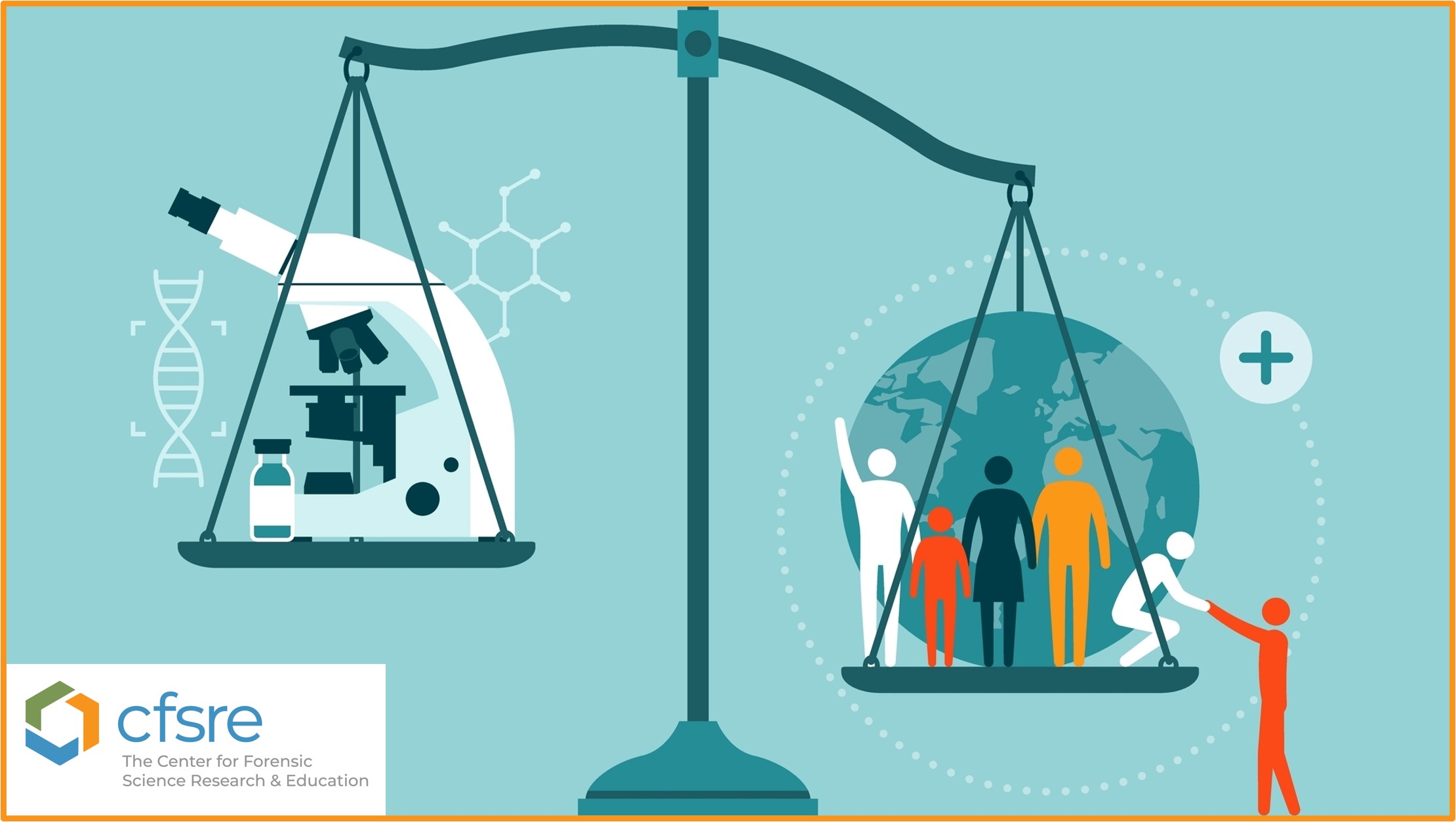 |
Ethics is defined by Miriam Webster as moral principles that govern a person's behavior or the conducting of an activity as well as the branch of knowledge that deals with moral principles. Ethics as it applies to Forensic Science is recognized as the rules of conduct in respect to the application of scientific principles and practices to the adversarial process where guilt or innocence is determined in court.... |
View Course Details |